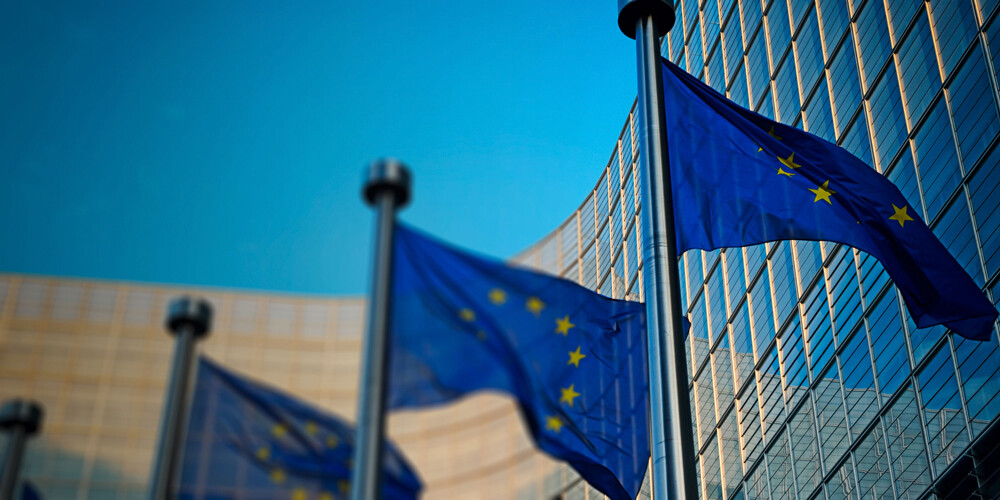
Change is coming: Taking the Customs Union to the next level
The European Commission has revealed a proposal for a reform of the EU Customs Union. It includes a new customs authority, data hub and approach to risk management and checks.

The European Commission has revealed a proposal for a reform of the EU Customs Union. It includes a new customs authority, data hub and approach to risk management and checks.
On May 17, 2023, the EU Commission revealed their ambitious reform proposal, calling it a new partnership with businesses, designed to boost trade and strengthen supply chains. The plan includes a massive simplification of customs procedures and is intended as a smarter approach to customs controls that will better target fraud and security risks and protect EU values. It is also seen as a more modern approach to e-commerce; new rules will be put in place to bring more cost-transparancy to online shoppers.
Would you like to know the details of the EU customs reform plans? The official communication from the European Commission is the most comprehensive information source currently available.
At the center of the new reform plans are two crucial components: a new EU customs data hub and a single EU customs authority.
The new EU customs data hub represents a significant leap forward in digital customs management. It will function as the primary online platform where importers will record detailed information about their products and their supply chains.
The new data hub will provide customs authorities with an all-encompassing, 360-degree overview of the movements of goods and their associated supply chains. This real-time visibility is a game-changer, as it equips customs officials at both the EU and member state levels with the essential tools to respond promptly, consistently, and effectively to potential risks and challenges. For instance, customs checks can be focused precisely where they are most needed, thereby enhancing security and efficiency in the movement of goods.
Importers will have the capability to input the same set of information into the system to cover multiple consignments. This not only simplifies their workload but also translates into substantial time and cost savings, ultimately benefiting both businesses and the broader economy.
Additionally, under this reformed framework, the most transparent and reliable supply chains, known as Trust & Check traders, will enjoy expedited processing through dedicated 'green lanes,' further incentivizing compliance and efficiency.
The reform of the EU Customs Union is of utmost importance to the EU and will benefit everyone.
The simplification of customs obligations and processes will help to both improve the ability to collect customs and tax revenues as well as save billions in compliance costs. Overall savings in time and money are expected to total up to €2.7 billion a year.
More transparant and compliant supply chains will enable EU-level risk management, allowing more effective checks and risk identification even before the goods leave for the EU. It will also result in less customs declarations and checks and paves the way for traders to import goods with no active customs intervention.
These ambitious reforms are set to roll out over the coming years, with the data hub scheduled to open for e-commerce consignments in 2028, followed by other importers on a voluntary basis in 2032. Trust & Check traders will also be able to clear all of their imports with the customs authorities of the member state in which they are based, irrespective of where the goods enter the EU. A review in 2035 will assess whether this possibility can be extended to all traders when the customs data hub becomes mandatory as of 2038. As these reforms progress through these key milestones, it will be essential to monitor the implementation timelines and ensure that the envisioned changes effectively contribute to the EU's objectives of modernizing customs controls and facilitating smoother trade within the Union.
Simply keep your eyes and ears open for more details on the reform and the first steps the EU is going to take to implement it. It's never too early to optimize your processes and start thinking about what you need to adjust to fulfill the future requirements.